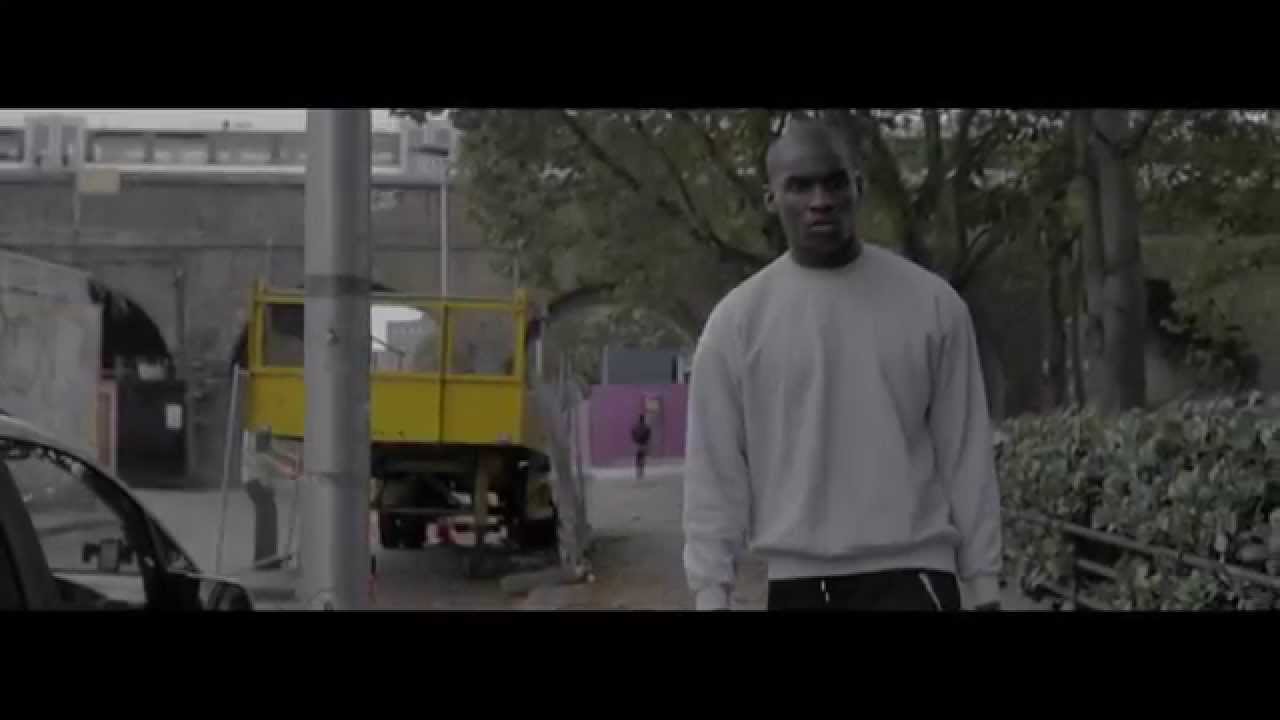 “You know what we’re good at? Giving up on people. Pointing the finger at them. To forgive doesn’t mean to forget. Forgive means love. To love someone despite their guilt. No matter what the guilt is.”
“You know what we’re good at? Giving up on people. Pointing the finger at them. To forgive doesn’t mean to forget. Forgive means love. To love someone despite their guilt. No matter what the guilt is.”
Jan Komasa’s Corpus Christi was Poland’s 2020 Oscar nominee for Best International Feature Film. It’s loosely based on a story that hit national headlines, revealing that an unordained man had managed to convince an entire community that he was a priest. Writer Mateusz Pacewicz crafts this story around Daniel (Bartosz Bielenia), a young man released from juvenile detention who opts for a more spiritual path than what the reality of life on the “outside” has to offer.
The film opens with a group of fellow detainees brutalising a young prisoner at a workbench, making it clear that this is not a safe environment for Daniel. He seems truly enthused by Catholic Mass, leading hymns and solemnly engaging in prayer. He yearns for the priesthood but his criminal record will prevent him from ever being able to study and practice. Upon release from the centre, he seems set on working at a grim, isolated sawmill. Until he notices that the mysterious, closed off local parishioners are in need of some unorthodox salvation.
Corpus Christi weaves from one mystery to another. It’s a film about identity, guilt, release and belonging. In some ways, it feels uniquely Polish – there can’t be too many devout Catholic communities in the world – yet it’s utterly universal. When we look at how Daniel chooses to escape his fate and the various cast of locals assigned to their “roles” within social structures, these themes and narratives are entirely transferable.
Bartosz Bielenia is utterly luminous in the lead role. It is hard to imagine a more piercingly hypnotic pair of blue eyes gazing upon you from the screen. He is charismatic and empathetic, a patient listener who seems ideal for the priesthood. But he is also cloaked in the guilt of his own backstory, his very contemporary lie and his vices. Bielenia creates a character who, although somewhat ambiguous and conflicting, is utterly watchable. It’s rare to see such raw presence emanating from every look, every pause. The spiritual comfort that he offers the parishioners is genuine; you really believe the consolation he is offering them. He is also quick to point out their hypocrisy – not least in their fawning over the wealthy local mill owner and in their hatred towards a widow whose husband caused a terrible car crash within the village. His truth and his vigour are exactly what everyone needs (perhaps, especially Daniel himself).
Piotr Sobocinski Jr’s cinematography is hugely impressive. Whether it’s the thumping, swirling shaky cam of Daniel indulging in his vices for one last time or capturing the mist hitting the seemingly endless Polish countryside, it’s incredibly striking to look at. The image of Daniel’s temporary home – set alight and burning amber against the inky midnight sky – is just one of many beautiful contrasts he captures. The hazy palette of washed out greys, greens, blues and browns adds to the overall sense of what life is like when you are shackled by grief and secrecy.
 Komasa presents what seems like a basic morality tale – almost like a Polish folk tale – of saints and sinners in a way that blends humour, light, terror and brutality. His approach to tone and shading is extremely refreshing as it allows all of the characters on screen to really breathe. The irony of Daniel the convict being the most spiritually engaged in a parish full of pious “performers” who only go to church to feel better than their neighbours is not lost … even if he does have to do a quick Google search as to how to run a confessional booth.
Komasa presents what seems like a basic morality tale – almost like a Polish folk tale – of saints and sinners in a way that blends humour, light, terror and brutality. His approach to tone and shading is extremely refreshing as it allows all of the characters on screen to really breathe. The irony of Daniel the convict being the most spiritually engaged in a parish full of pious “performers” who only go to church to feel better than their neighbours is not lost … even if he does have to do a quick Google search as to how to run a confessional booth.
If there is anything to pick at here, a romantic subplot involving Daniel and Marta (Eliza Rycembel) feels unnecessary. However, it could be argued that Daniel’s charismatic and straight talking approach is exactly the kind of “awakening” (spiritual or otherwise) Marta needs. She hangs around with a group of disengaged, disenfranchised local youths – emblematic of the bleak future facing many young people (not just those whose only option is the local sawmill or a lifetime on the bottle).
Corpus Christi feels like a very thoughtful film. It takes its time and doesn’t rush on the pacing. Wherever possible it steers away from dramatic tropes and allows you to take characters at face value. It does well to blend different tones and visuals in a way that is meaningful, furthering the narrative. Bartosz Bielenia is outstanding in the lead role, delivering a truly compelling, nuanced performance that should not be missed.
Corpus Christi is now streaming on MUBI UK & Ireland.
- Armand – Review - November 4, 2024
- Eephus – Review - November 3, 2024
- Windless – Review - November 2, 2024




